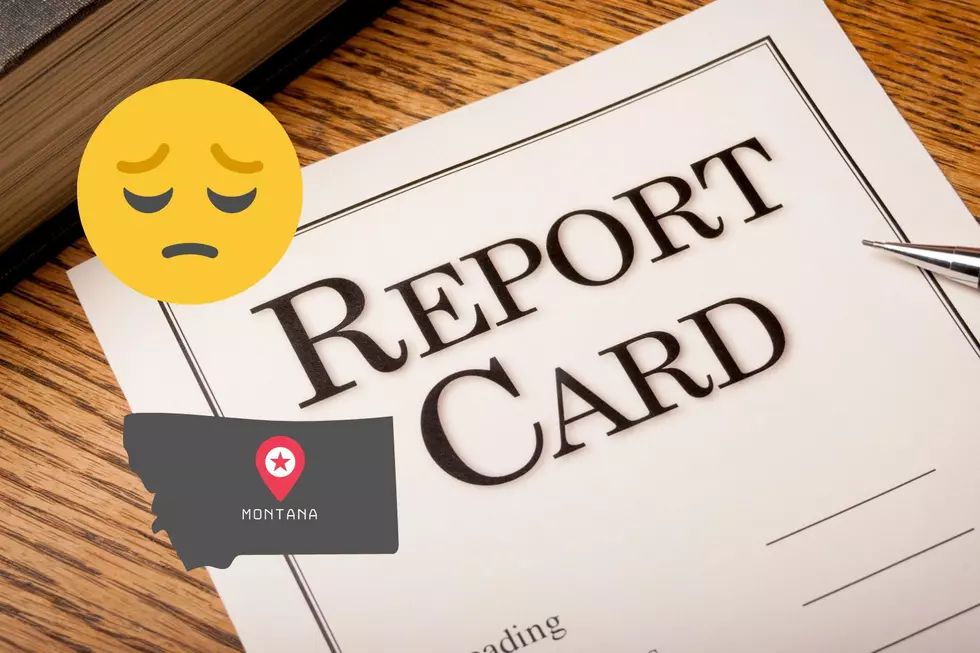
OPI’s Arntzen Tackles Critical Race Theory and the 1619 Project
Montana’s Superintendent of Public Instruction Elsie Arntzen appeared on the KGVO Talk Back show on Tuesday to answer questions from listeners.
Arntzen was proud of the fact that Montana students received their education this school year despite the COVID 19 pandemic.
“Montana schools are open, in fact, they never closed,” said Arntzen. “The modality of education just changed from a blended model to a remote model or to the traditional model where that teacher is in front of those great students. But because we are a local control State, it did depend on what the trustees decided. Some of them are removing that mask and some of them are maintaining it for the consistency of the school year.”
A listener asked Arntzen if Montana would be introducing Critical Race Theory in the state’s public schools.
“It automatically talks about economics,” she said. “If you are poor or if you have been downtrodden it's because another race has done that to you. Critical Race Theory takes us down a different path, and it says that if we are unequal, it's because of the color of our skin or because of our economic values and it shames us as Americans, rather than bringing us forward and saying how proud we are of our country.”
In addition, Arntzen was asked about President Biden’s plan to introduce universal preschool for four and five year-old children.
“I'll just be candid,” she said. “It's nice that the President likes and enjoys four year olds. And I appreciate talking about schools, but more importantly let’s talk about the families of those students. I believe in education, but I don't believe that schools are daycare. You can put a lot of dollars toward that with some strings attached. But I was also a legislator for 12 years, and this topic did come up and in the most recent session it also came up and was denied again by the legislature here in Montana.”
Arntzen was also asked if Montana would be introducing the 1619 project in the public schools.
“I think you know about the 1619 project,” she said. “This is something that is supplanting historical facts and the bias that's coming in with this doesn't reflect where, who and how our country was formed or founded.”
Arntzen also invited listeners to submit their candidates for Montana Teacher of the Year to her office this week.
LOOK: Here are the biggest HBCUs in America
More From Newstalk KGVO 1290 AM & 98.3 FM









